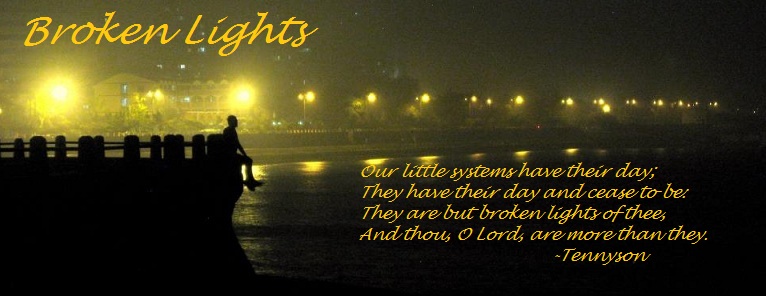In the drift of depression and anxiety, it is possible for this sense of reality to be eroded altogether. Everything that anchors us to existence--the need to eat, to sleep, to connect with others--can suddenly seem no more than dancing shadows, vain illusions. James quotes a woman describing this experience:
"When I reflect on the fact that I have made my appearance by accident upon a globe itself whirled through space as the sport of the catastrophes of heavens...when I see myself surrounded by beings as ephemeral and incomprehensible as I am myself, and all excitedly pursuing pure chimeras, I experience a strange feeling of being in a dream. It seems to me as if I have loved and suffered and that erelong I shall die, in a dream. My last word will be, 'I have been dreaming.'"
This sense of realness is strange. Like seeing or hearing, we don't control it. I can't will myself to see what I don't see or hear what I don't hear, and likewise, I can't will myself into feeling that dreams are life or that life is only a dream. Unlike our other senses, though, realness is caught up in our sense of life being worthwhile. Being fooled by any individual sense--hearing something and then realizing it's something else, seeing something and then realizing it's an illusion--doesn't threaten the worthwhileness of life. The realness does. As things feel more and more real, the sense of purpose heightens. As the soul unlaces itself from the body and drifts into that sense that life is mere illusion, fewer and fewer things seem to matter.
Consider Don Quixote. As long as he feels the realness of his beloved Dulcinea, of his quest, of his station as a knight errant, he moves forward with purpose and meaning, he is Don Quixote. He's capable of enduring hunger, cold, and violence because the palpable sense that everything he believes to be real is real sustains him. But at the end of the novel, doubt creeps in, and his sense of realness finally flips completely. He admits in the end that he was mad, and he dies, despairing.
Our sense of realness is not tethered to truth, so what determines it? I suspect it has something to do with the system formed by our choices and habits over time. What we attend to, we nourish. What we nourish strengthens. What we disregard withers. Alonso Quixano only took on the name "Don Quixote" and embarked on his quest after years lost to dusty bibliomania, feeding his fantasies with novel after novel chivalric literature. Depression and anxiety, I think, are best understood as negative feedback loops that emerge slowly between thought, choice, biology, and social interaction. Large changes take time to feel real because realness is a slow-growing sense.
